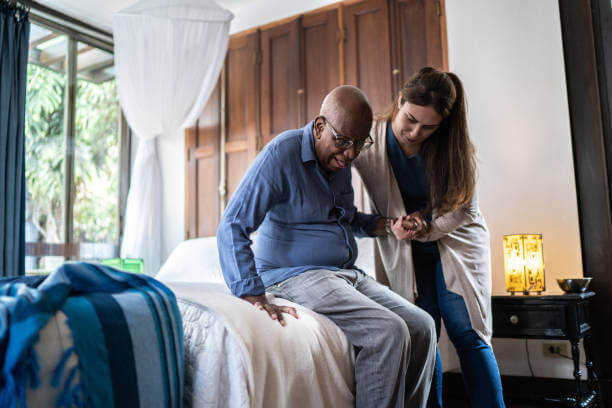Memory loss can be both a concern and fear for everyone. Especially for senior caregivers who have witnessed someone experience memory loss. I had the opportunity to meet former President Ronald Reagan after his memory loss had progressed (he thought he knew me, but for sure we had never met). It was a reminder to me that we are all the same when it comes to aging.
This week, the Alzheimer’s Foundation of America (AFA) has launched a National Memory Screening Program.
National Screening Week is November 1 – 7 of this year.
The AFA is providing free, confidential memory screenings for people that have concerns about their memories. When necessary, individuals will be encouraged to have a follow-up exam by a qualified health care provider and may be directed to appropriate social services and community resources in their area.
The AFA is working toward eliminating the stigma and fears associated with dementia, and providing education for the public about memory problems and how to age successfully. The organization also hopes to alleviate fears for the people who do participate in the memory screening who are not currently showing any signs of memory problems.
Screening sites in your area can be located below.
National Memory Screening Locations
Memory loss has many forms and Alzheimer’s Disease is just one type of memory loss. Now that we know late actor Robin Williams suffered from Lewy Body dementia, we can better understand how difficult the changes he was dealing with in his mind were during his last year of life.
Other types of memory loss include:
- Vascular Dementia
- Lewy Body
- Frontal Love Dementia (FLD)
- Frontotemporal Dementia (FTD)
- Huntington’s Disease
- Pick’s Disease
- Normal Pressure Hydrocephalus
- Parkinson’s Disease
- Subdural Hematomas
- Brain Tumors
By identifying the type of memory loss, the senior can then be treated correctly. The progression for some types of memory loss, such as Alzheimer’s Disease, can be slowed when treated with medications. Many clinical trials are in progress now, to study ways to better prevent Alzheimer’s Disease.
Meditation is proving to be an effective way to change the structure of the brain and Deepak Chopra and Rudi Tanzi, both medical doctors, are researching how meditation may be able to prevent or slow down memory loss. The doctors co-authored the book Super Brain where they discuss new ways of using our brains to help exercise it more and create new pathways, which, research is showing, just might be a way to prevent memory loss.







